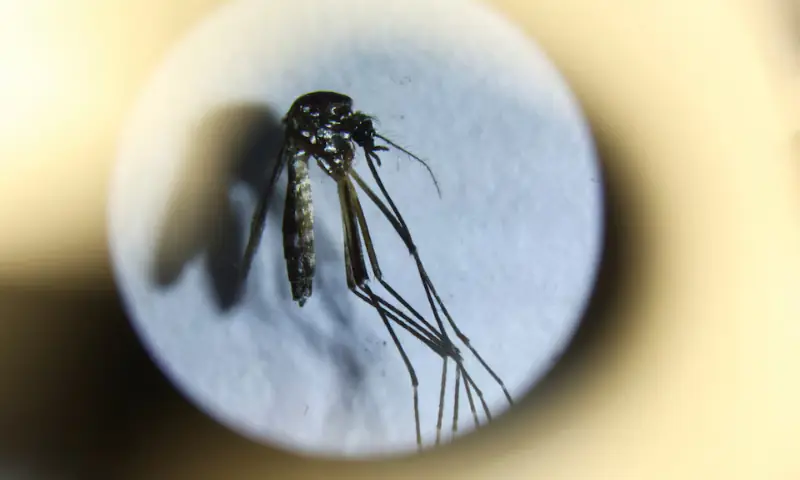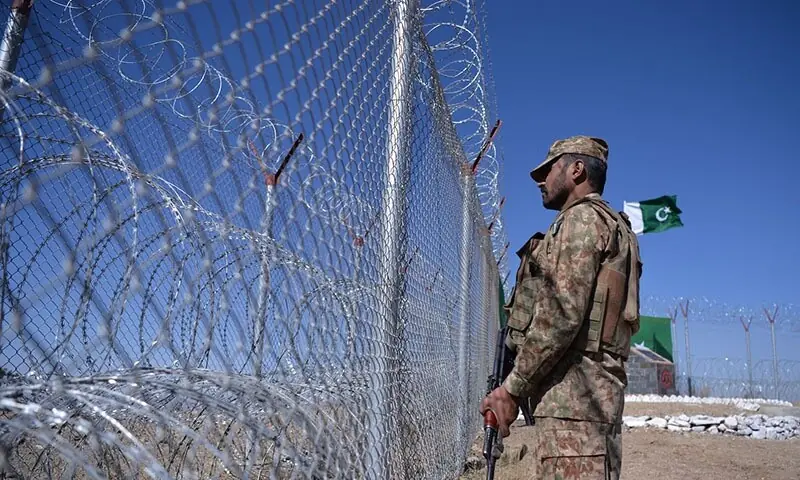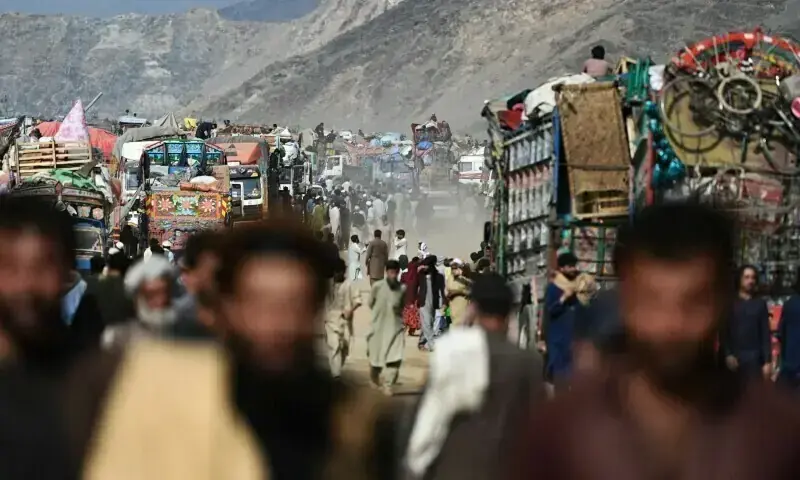At least 71 new dengue cases were confirmed in Khyber Pakhtunkhwa during the last 24 hours, according to a situation report issued on Friday by the Integrated Disease Surveillance and Response System (IDSRS) of the Directorate General of Health Services (DGHS).
The report indicates that 27 of the new patients were hospitalized, bringing the total number of dengue cases currently hospitalized in the province to 48. So far this year, KP has recorded a total of 3,582 laboratory-confirmed cases, 1,474 hospitalizations, 3,314 recoveries and two deaths.
Said Provincial Medical Entomologist of DGHS Dengue Control Programme, Salahuddin Khan Marwat. dawn.com“Climate change is a key factor in the spread of the disease to new areas.”
Marwat said the current weather conditions, persistent humidity, monsoon rains and temperatures between 18 and 25 degrees Celsius have created an ideal environment for mosquito breeding.
“That’s why we see an increase in cases in October. Mosquitoes reproduce quickly in these conditions,” he said, adding that both very high and very low temperatures slow down their reproduction.
He explained that earlier dengue was limited to districts like Peshawar, Mardan, Swabi, Haripur and Abbottabad. “But now cases have been reported in Chitral. Global warming and increased travel are contributing to this spread,” he said.
According to the entomologist, the provincial government has prepared for possible outbreaks by designating between 1,500 and 1,600 beds for dengue patients in all districts. “About 400,000 test kits have also been procured and distributed to district health offices as needed,” he said.
He warned, however, against the indiscriminate use of aerosol insecticides. “Sprays can kill beneficial insects such as bees, butterflies and fireflies, and also generate resistance. Globally, environmental cleanup and prevention of mosquito breeding take priority over spraying,” he said.
Marwat highlighted the need for public cooperation to curb the spread of dengue. “There are around 200,000 houses in Peshawar. If each household spends 20 minutes cleaning water containers and their surroundings, we can clean the entire city in a day,” Marwat said.
He added that awareness campaigns, school programs and the government’s Dengue Action Plan are already underway, but community participation remains the biggest challenge.
Dengue is a viral infection transmitted mainly by mosquitoes. Aedes aegypti mosquito. Caused by the dengue virus, it causes high fever, severe headache, joint and muscle pain, rash and, in severe cases, internal bleeding or organ failure, according to the World Health Organization.
With no specific treatment available, prevention focuses on mosquito control and protection against bites. The disease spreads rapidly in tropical and subtropical regions, often overwhelming health systems during seasonal outbreaks.








